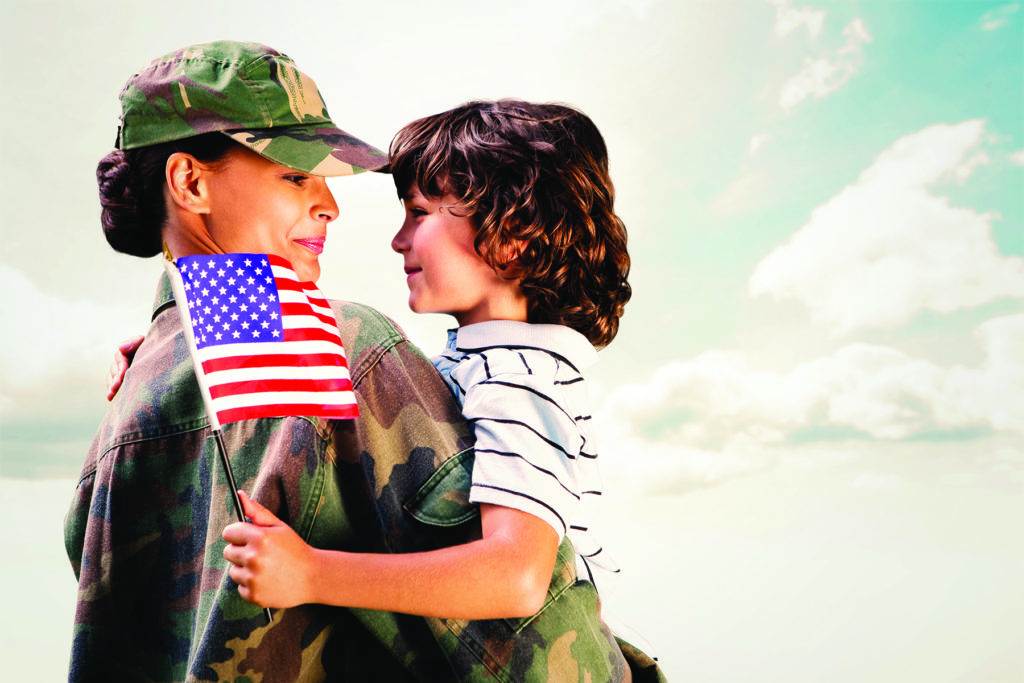The Wild Woman Project
BY JENNY PACANOWSKI
I thought they were all faking, these wild women. They had welcomed me into their tribe, into their circles, into their project. Women from all walks of life: yoga teachers, life coaches, energy workers, Sufis, real estate agents, ritual guides, businesswomen, witches, musicians, photographers, and so many accomplished and powerful women all gathered on top of this Berkshire mountain.
I didn’t believe a single one of them when they talked about self-acceptance, love, empowerment, and supporting each other’s goals without competition. The feminine power felt like a myth. My heart was covered in barbed wire from my years in the military and my deployment to Iraq. That first year of the Wild Woman Festival was a fog—going to every workshop militantly and trying to understand and embody this feminine mystique. My mind kept asking, What is this? What are you doing, showing your feelings? This is weakness—stop it! Ah, but my heart pushed against the bars I trapped her behind, bursting to be heard and loved.
The next year I wanted to test the authenticity of this powerful acceptance and love. I expected the women to shun me and kick me off the mountain, forever banned from their wild women safe space.
Tucked into my red bag next to the goofy-looking stuffed dog that protected me in Iraq sat my most vicious and potent poem. The first year of the Wild Woman Fest, they had an open mic and I read my most feminine poem because I didn’t feel the veteran space was a place to speak those words.
As I mulled over my decision to read something more raw and unfiltered, I walked into the outdoor living room looking for a space to think. The building was more like a long house with a gravel floor covered with a thin down comforter and some dirty, fluffy pillows, and a small coffee table in the center of the room. Lying next to the coffee table was one of the most intimidating women at the fest—a professional bra fitter. I didn’t really want her help or advice, but I needed someone to bounce ideas off.
My idea was to purge my worst nightmare and the monster I had become unto these wild women and see what they would do. When I told the bra fitter, she said, “Well, what do you really want to know?”
I want to know if they will accept me for the monster I am. You don’t understand what I have done and what I have seen. I want to know if they will love me unconditionally.

The next day I stood on stage and spoke of the children I helped in Iraq, the children detonating bombs, and my humanity and femininity drying up in that hot Iraqi sun. I spoke of how my weapon separated me from the children of Iraq that I wanted to heal. I related my body to the cold, hard steel it needed to become to survive—it was the only thing I could feel instead of my beating heart and empathy. I walked off the stage retching and ready to vomit, waiting for this hoard of women to expel me.
But that’s not what happened. The first woman to approach me was a slender blonde and she held me close as the other women gathered around, enveloping me in an embrace full of acceptance and unconditional love. One by one each woman in the audience stood up and gathered into this 70-women group hug that held my pain, my misunderstanding, my want for love—and the mask of the monster fell. These wild women held their hands on my back and, encased in a womb, this act invited my soul to come back home to me. She no longer had to keep drifting, screaming, and running in circles at the bottom of the Sammara bridge in Iraq.
One of the Sufi women stood up and stated: “This is how ancient cultures welcome their warriors home: they witness their stories and be the strength and unconditional love they need to truly come home.”
For years, I had been searching for my soul through conventional therapies. While being a part of multiple veteran communities provided great camaraderie, and speaking and writing gave me an outlet, nothing prepared me to accept that I was not a monster until that moment on the mountain with the wild women. The power of the feminine transformed years of trauma, and it continues to bring healing today.
Jenny Pacanowski is an Iraq veteran, poet, and public speaker. She facilitates writing workshops for veterans, curates performances, and facilitates military cultural competency courses to help bridge the veteran-civilian divide. Jenny’s goal is to help veterans transition more easily than she did.